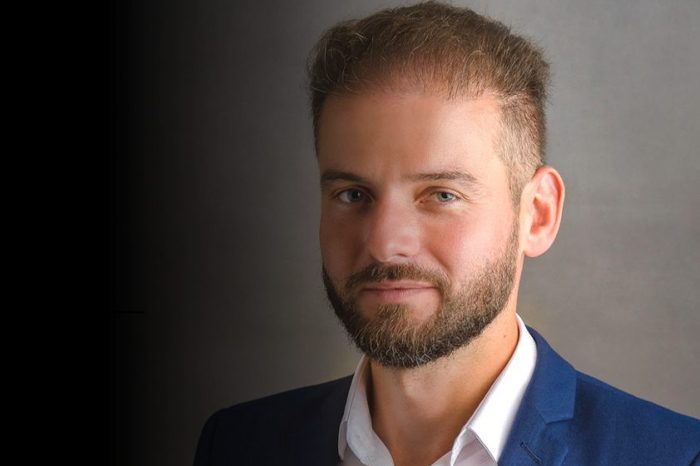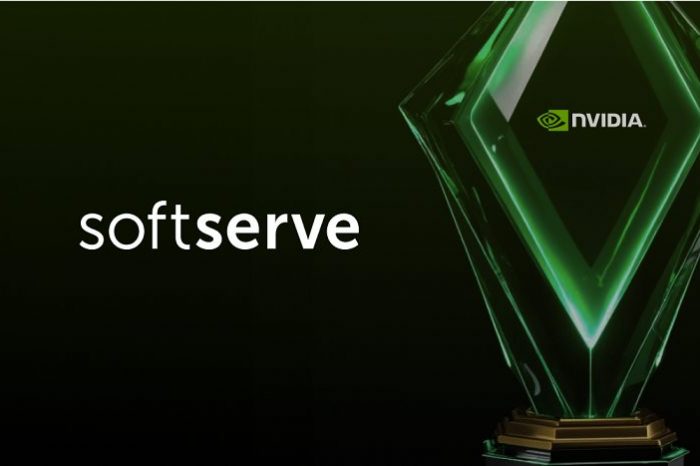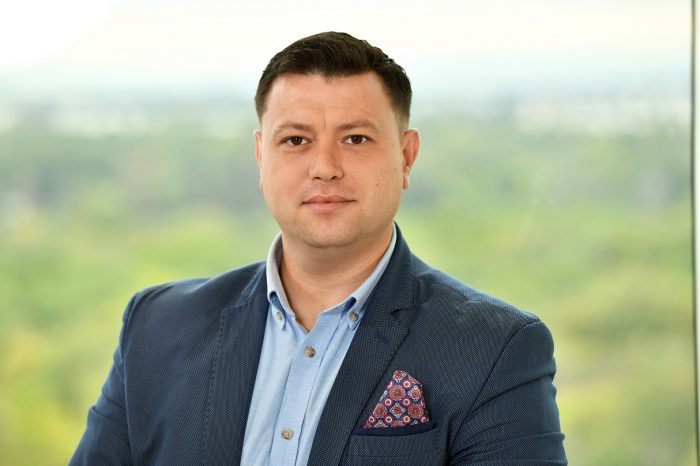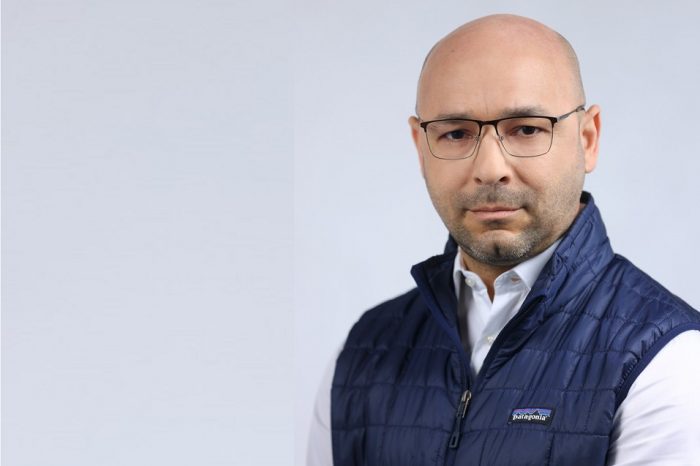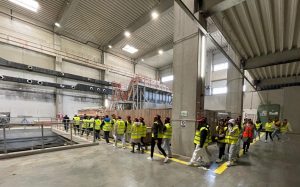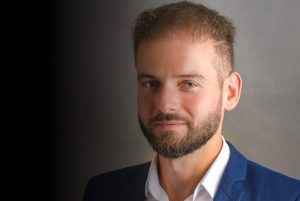SoftServe: 5 trends shaping the HR industry in 2025

SoftServe, a leading provider of IT consulting and digital services, presents the main directions that will define the field of human resources this year. HR professionals play a critical role in creating adaptive organizational cultures and modernizing internal strategies, strengthening organizational resilience and contributing to the success of companies.
SoftServe specialists highlight 5 strategic priorities that will transform the way organizations respond to the challenges of the labor market in 2025.
Developing The AI-Ready Culture
In 2025, the incorporation of AI into everyday work will evolve from simple automation to the creation of an ecosystem, in which employees will embrace AI as a partner in achieving business goals.
“HR leaders will play a crucial role in supporting employee adaptation, promoting AI as a catalyst, not a threat, through upskilling programs and talent cultivation,” says Kateryna Hubaryeva, Senior Vice President Global HR at SoftServe.
AI-based personalized learning solutions will also become increasingly popular, companies will provide advanced training for technical teams and practical guides for the responsible use of AI, and HR will guarantee the inclusion of all employees in this transformation process.
Employee Experience: AI, Feedback and Flexibility
Employee Experience (EX) remains a priority in 2025, and the integration of AI-based tools can increase team productivity substantially – SoftServe studies show optimizations of up to 45%.
Thus, organizations that invest in scalable solutions will benefit from increased efficiency and engagement. At the same time, flexibility remains non-negotiable for many employees. Although many large Big Tech companies have announced to their employees that they must return to the office, most Gen-Z employees prefer flexibility over a higher salary. “At SoftServe, we believe that a flexible approach is ideal to support the diverse needs of employees and we manage to maintain a high level of productivity,” added Kateryna Hubaryeva. The company’s results reflect the success of the approach: 85% of SoftServe employees are satisfied with the flexibility of their job, which supports innovation, work-life balance and overall satisfaction.
Developing leaders and managers
In 2025, HR professionals will need to invest in solutions that automate administrative tasks and provide real-time information to support managers’ decisions. Platforms dedicated to collecting feedback and supporting managers will become crucial. Following an internal study conducted in 2024, SoftServe has already created such a virtual space for managers by launching the SOFI AI assistant, a virtual space that improves manager performance. In the first week, over 2,000 employees used it.
Currently, 79% of SoftServe managers believe that they have the right resources to effectively lead their teams, and 81% of managers in the company say that they have the necessary tools and materials to carry out their work tasks.
Prioritizing skills
The global trend is to prioritize practical skills, leaving formal qualifications in the background.
“HR leaders need to define the technical and non-technical skills specific to each role, taking these competencies into account when preparing performance reports and career development plans. Clear expectations regarding skills and a clear career path reduce employee anxiety and increase engagement,” added Kateryna Hubaryeva.
In addition, onboarding programs will combine skill development with alignment with company values, facilitating the rapid integration of new employees into an inclusive environment. The transition to a skills-based talent management system will require a holistic approach, encompassing recruitment, development, and performance evaluation.
Integrating organizational culture into everyday work
In an increasingly competitive market, a strong organizational culture will be essential for attracting and retaining top talent.
“Organizational culture is becoming a differentiator in choosing a job,” says Kateryna Hubaryeva. For example, SoftServe integrates organizational culture at all stages, from recruitment to onboarding, through immersive programs, mentoring, and learning sessions that align new employees with company values. For HR professionals, these trends will help transform them into architects of organizational resilience and innovation. HR departments must assert themselves as pillars of sustainable growth, demonstrating their importance as key factors in shaping the future of work.
SoftServe is a leading provider of IT consulting and digital services, extending the horizon of new technologies to solve today’s complex business challenges and achieve meaningful results for clients. Clients trust SoftServe to design and implement mature and innovative capabilities such as digital engineering, Big Data and analytics, cloud, and AI/ML. SoftServe’s global reputation has been built over 30 years of experience delivering superior digital solutions at exceptional speed by leading engineers. The company serves enterprise industries including high tech, financial services, healthcare, retail, energy, and manufacturing.


